In this world of globalisation, every company wants to expand its business across the borders. Marketing and advertising play an important role in making audience connect with the brand. Marketers use local languages and focus on cultural festivals of the place to make a place in the new market. Sometimes, language translation can go completely against the brand and today we are sharing 10 such cases when global branding became an issue for a popular brand due to silly mistakes. Have a look:
1. Coca-Cola
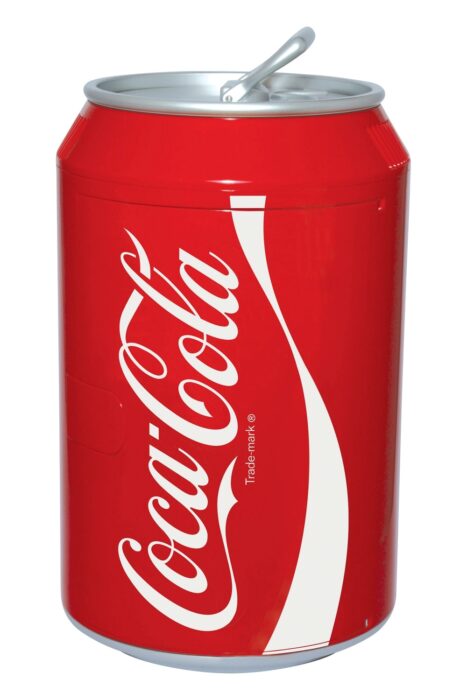
Coca-Cola’s brand name, when marketed in China in 1927, it was transliterated into Chinese characters. Sadly the translation came out as “Bite The Wax Tadpole.”
2. Colgate
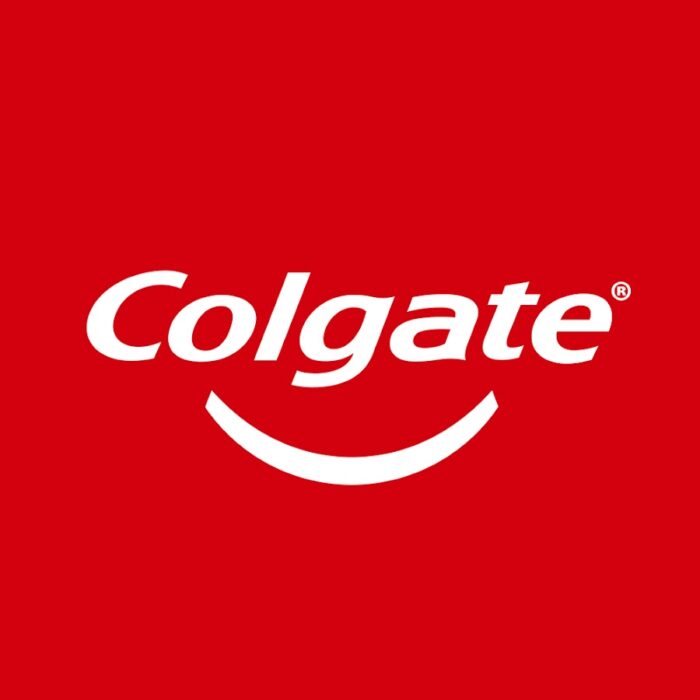
Colgate launched a toothpaste in France named “Cue” without knowing that it is the exact name of a French pornographic magazine.
3. Ford
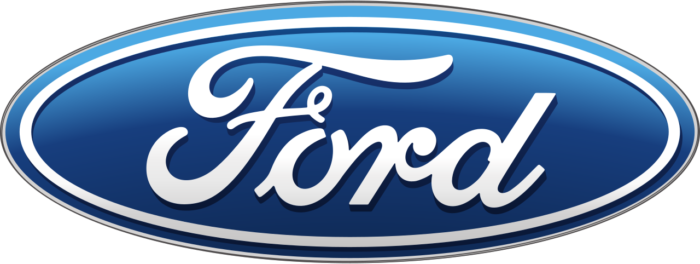
When Ford launched the Pinto in Brazil it went horrible because the term in Brazilian Portuguese means “tiny male genitals.”
4. IKEA
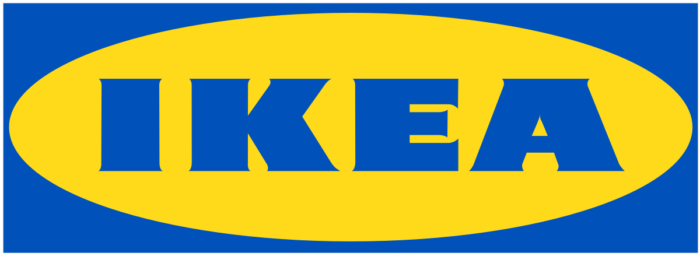
When IKEA products were marketed in Thailand with Swedish names that in the Thai language mean “sex” and “getting to third base.”
5. Mercedes-Benz
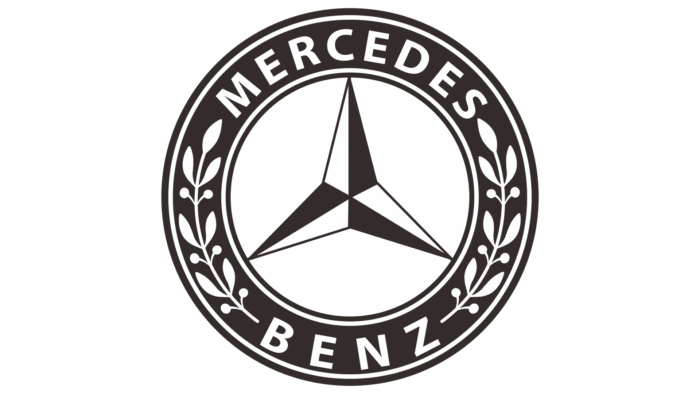
When Mercedes-Benz entered the Chinese market with the brand name “Bensi,” it faced backlash as Bensi means “rush to die in Chinese.
6. Pepsi

Pepsi, when debuted in China, faced similar issues because its slogan “Pepsi Brings You Back to Life” in China was translated as “Pepsi Brings You Back from the Grave.”
7. Parker
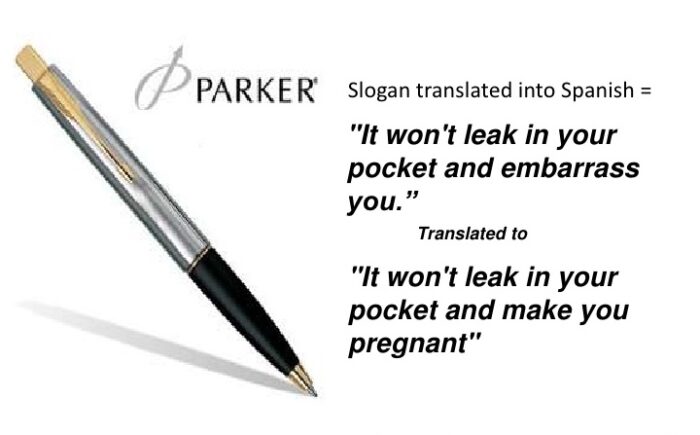
When Parker Pen expanded to Mexico, mistranslated “It won’t leak in your pocket and embarrass you” into “It won’t leak in your pocket and make you pregnant.”
8. Vicks

When Vicks launched its cough drops into the German market, it received backlash because the German pronunciation of “v” is “f” making “Vicks” an adult slang.
9. Nike
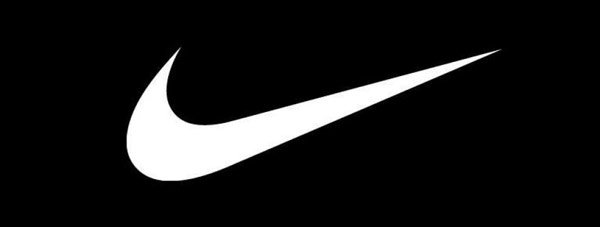
Nike recalled thousands of show pairs after a design resembled fire on the back of the shoes which looked like the Arabic word for Allah.
10. KFC
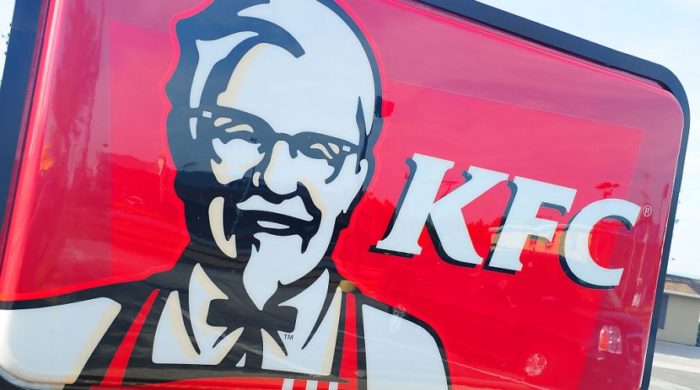
KFC faced problems in China when “finger licking good” was translated as “eat your fingers off” in the Chinese language
















